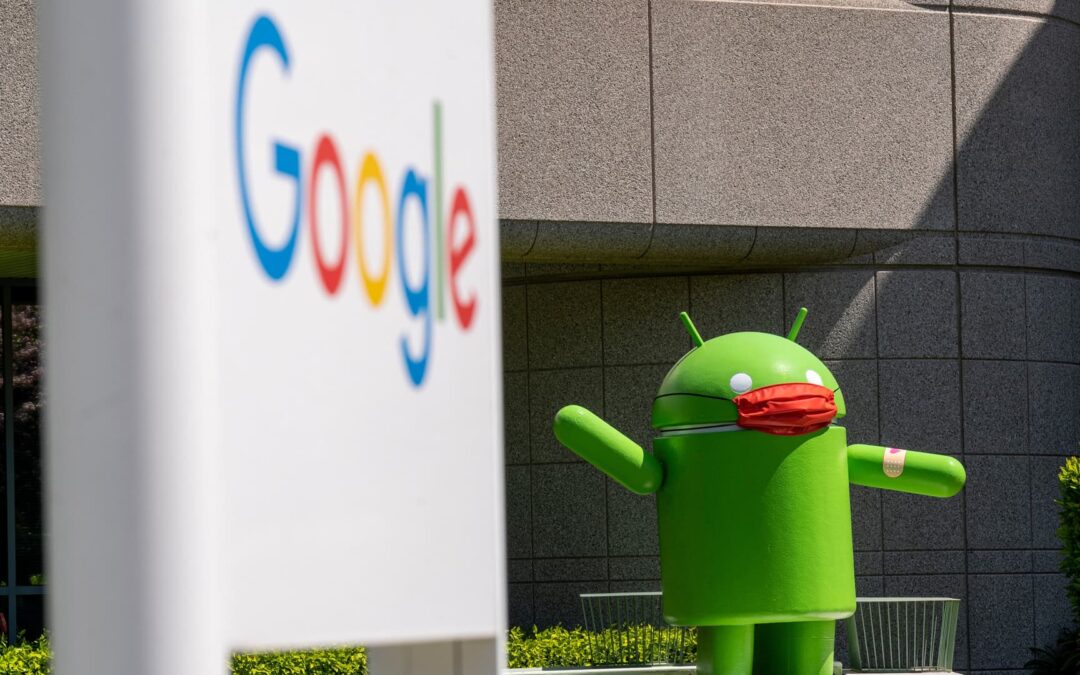David Paul Morris | Bloomberg | Bloomberg | Getty Images
When a Google employee asked the company if he could organize his work schedule to work fewer hours on more days, a human resources representative responded saying the average Google employee works more than a normal 9-to-5 work day — seeming to refute earlier reports that Googlers have light workloads.
“Most salaried Googlers already work longer than 8-hour days on the days they’re working,” the HR representative on Google’s “People Operations” team wrote in response to the employee, in a message that was viewed by CNBC. “Nobody is 120% FTE [Full Time Employee] for working a normal FT job at Google, so working a compressed 100% schedule isn’t really realistic.”
The memo also said the company allows employees to apply for schedules that are 60% or 80% of full-time.
The HR representative’s confirmation that employees typically work long hours made some workers eager to share that information with their friends and relatives, according to internal message boards.
During the summer, multiple publications reportedly interviewed a Google software engineer earning six figures who said he works one hour per day coding in the mornings and spends the rest of his shifts working on his startup. Those one-hour workday reports went viral — including with Google employees’ friends and family.
One meme, shared by a Google employee on Memegen, suggested the employee wanted to share the HR representative’s thoughts with “snarky relatives” who had referenced the one-hour workday reports. More than 100 employees “liked” it.
In a statement to CNBC, Google spokesperson Courtenay Mencini said Googlers are able to ask for more flexible schedules and that requests are reviewed based on their roles and teams.
“As with any company, there are times when our employees work more than 40 hours in a week to meet deadlines, cover teammates, or deliver products and services to our users,” Mencini said.
The company reiterated that it considers approving 60% and 80% of full-time schedules, as well as other variants of part-time work, based on employees’ circumstances and manager approval. However, compressed work weeks aren’t as flexible or compatible with overall team schedules as the other options the company offers, according to Google.
Google employees have received public backlash due to recruiting tactics such as wide-ranging corporate perks, which were largely used by tech companies to acquire talent during the last two decades. However, 2023 marked a change in the industry, when economic headwinds and labor shifts led to some of those same companies deciding to dial back some perks.









